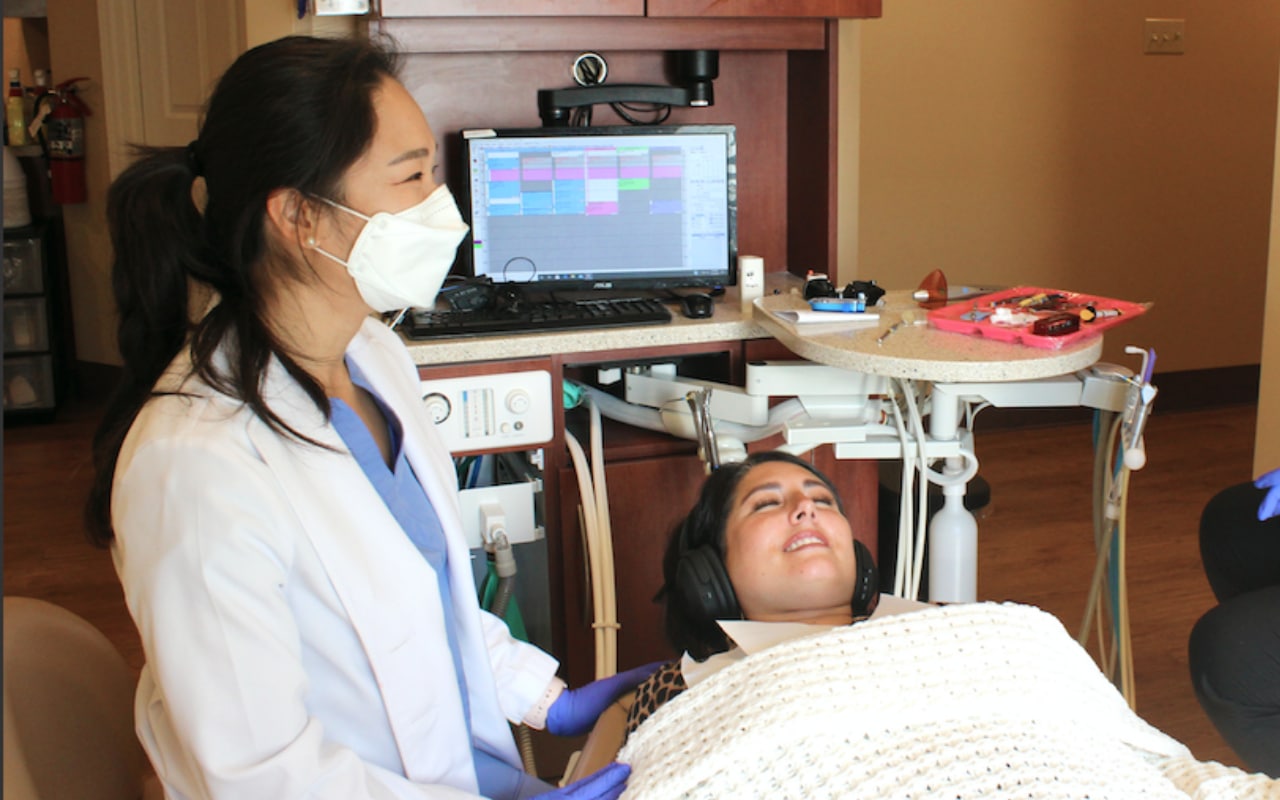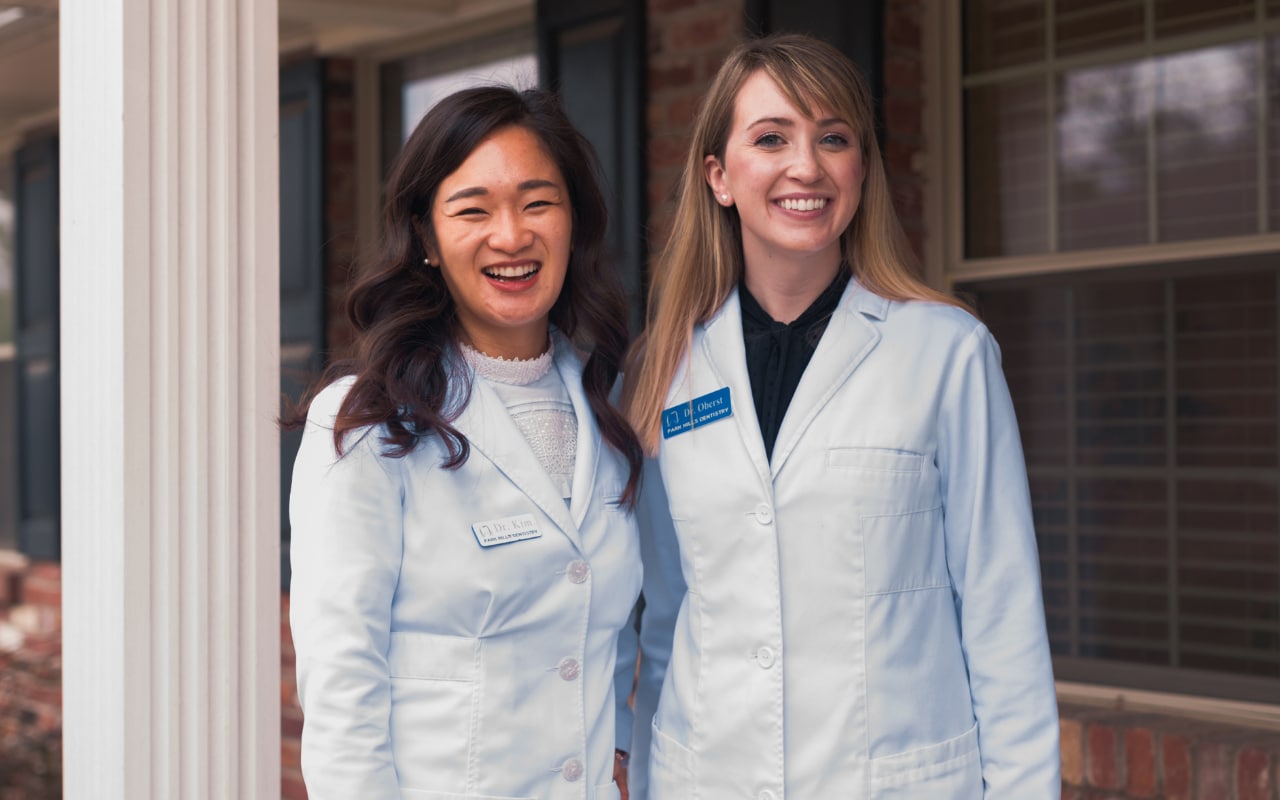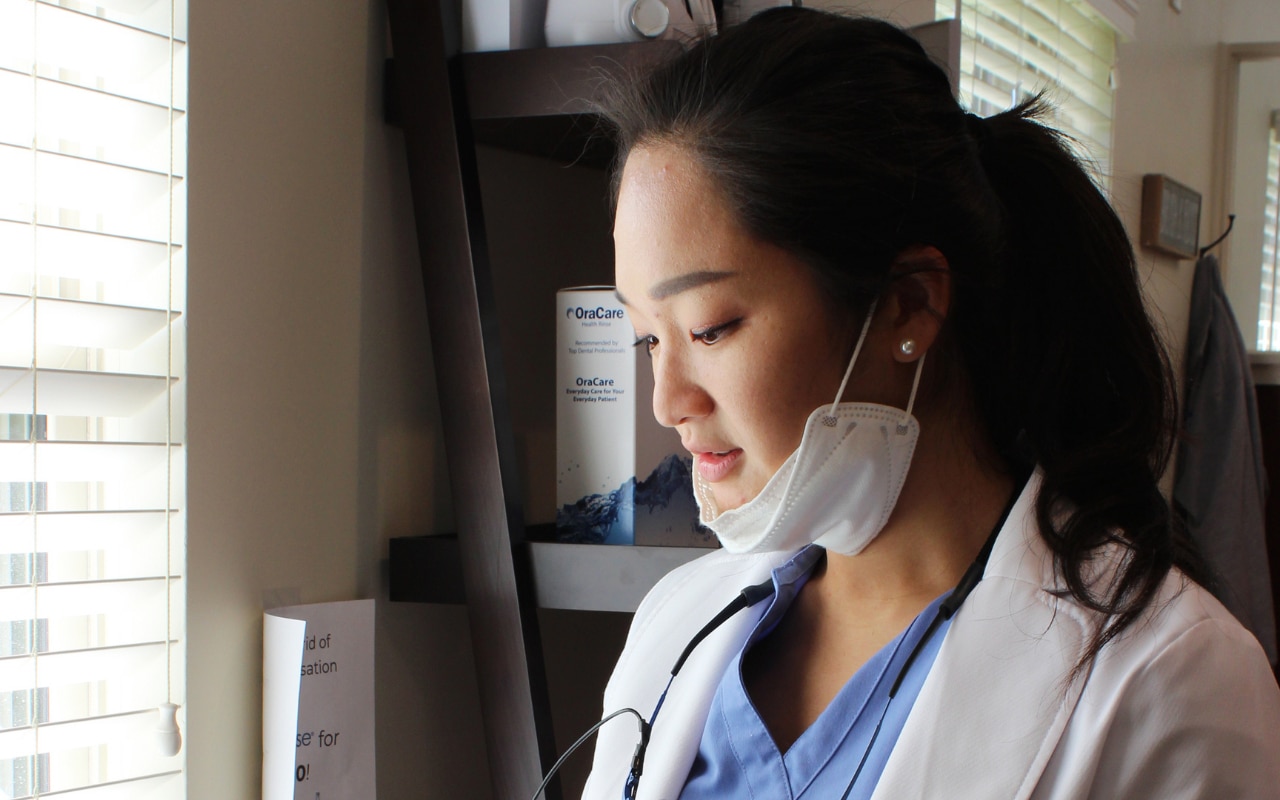Tooth Decay Consequences & Solutions
Everything You Need To Know About Tooth Decay
Tooth decay is a destructive process that attacks teeth’ hard outer surfaces. The primary cause of tooth decay is bacteria in the mouth. When these bacteria come into contact with sugary or starchy foods, they produce acids that can eat away at tooth enamel. If left untreated, tooth decay can progress to the point where it attacks deeper layers of a tooth, leading to cavities. Treatment for tooth decay depends on the severity of the condition.
In some cases, your dentist in Lexington Ky may be able to reverse the damage by removing the bacteria and restoring the affected area with a filling. However, more advanced cases may require root canal therapy or even extraction. Prevention is always the best approach to tooth decay, and brushing twice daily with fluoride toothpaste effectively reduces your risk. Find out some tooth decay consequences & solutions to learn more.
What Causes Tooth Decay
When it comes to dental health, plaque is one of the biggest enemies. Plaque is a sticky layer of bacteria that forms on teeth. When a person eats sugary or starchy food, the bacteria in the plaque produce acids that attack tooth enamel. Over time, these acids leach out minerals from teeth and erode the enamel, causing tooth decay and, eventually, cavities. The best way to combat plaque is to brush and floss regularly. Brushing removes plaque from the surface of teeth, while flossing helps to remove plaque from between teeth. In addition, it is also important to eat a balanced diet and limit sugary and starchy foods. Our friends at College Hill Dental Group, the best dentist in Easton, Pa, believe by taking these steps, you can help to keep your teeth healthy and prevent cavities.
What Can Happen When You Avoid Going To Your Lexington, Ky Dentist
Left untreated, tooth decay can cause a variety of problems. The pain associated with tooth decay can be severe, and the infection can spread to other parts of the mouth. In addition, tooth decay can lead to the loss of teeth, as well as abscesses. Abscesses are pockets of pus that form around the tooth, and if left untreated, they can lead to serious health problems. The best dentist in Lexington, Ky, believes that treating tooth decay early is important to avoid these complications. If you think you may have tooth decay, it is important to see a dentist near me as soon as possible.
How To Avoid More Damage To Your Oral Health
According to the American Dental Association, tooth decay is one of the most common chronic diseases in children. Fortunately, it is also preventable. The ADA recommends that people take the following steps to prevent or stop tooth decay: brushing teeth twice a day with fluoride toothpaste, limiting snacking, eating healthy, nutritious meals, asking a dentist about fluoride supplements, and visiting a dentist regularly for checkups and professional cleaning. By following these recommendations, people can help ensure that their teeth remain healthy and decay-free.
Contact Park Hills Family Dentistry Today!
If you’re looking for experienced, professional dental care, look no further than Park Hills Family Dentistry. Our team of exceptional dentists and hygienists provides a wide range of services, from preventive care to complex restorative procedures. We use the latest technology and techniques to ensure that our patients receive the best possible care. And we’re always accepting new patients, so don’t hesitate to contact us for all your dental needs.










